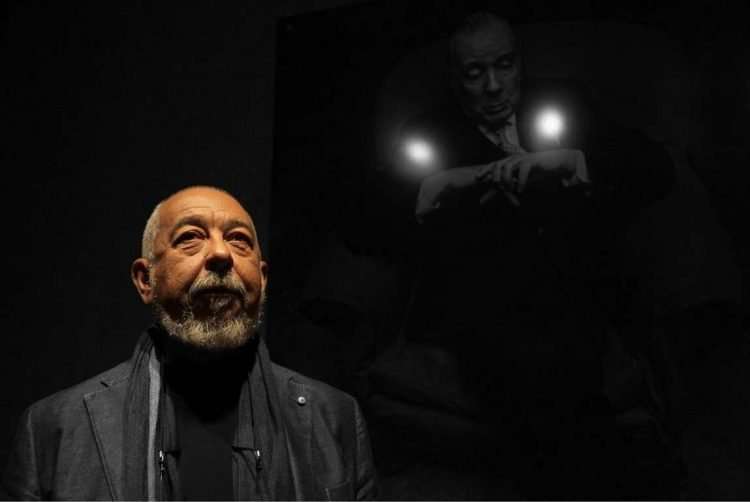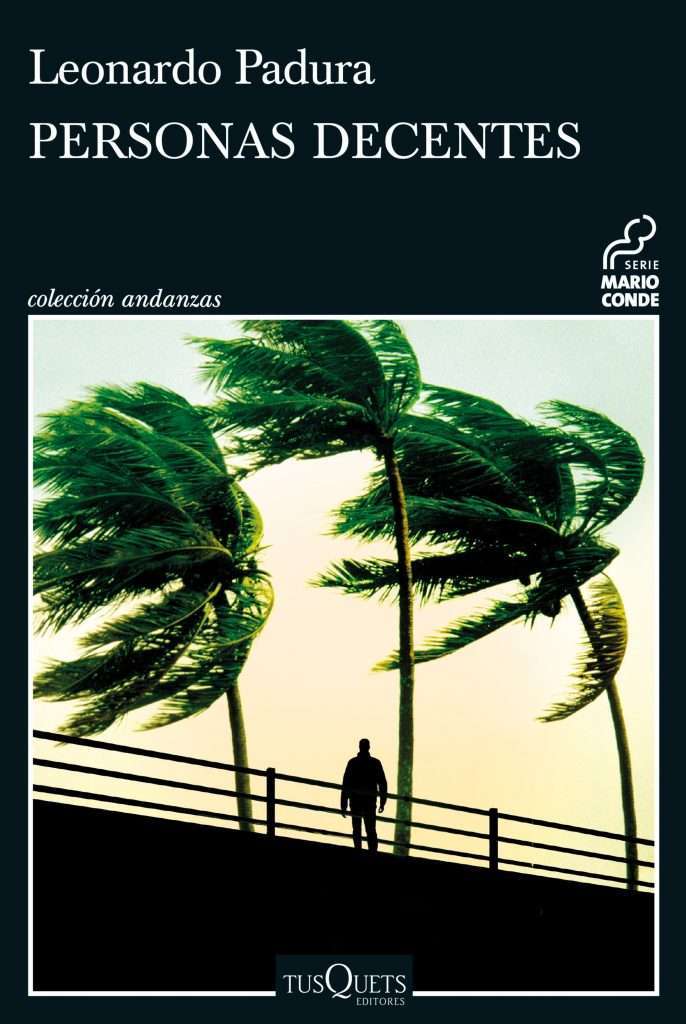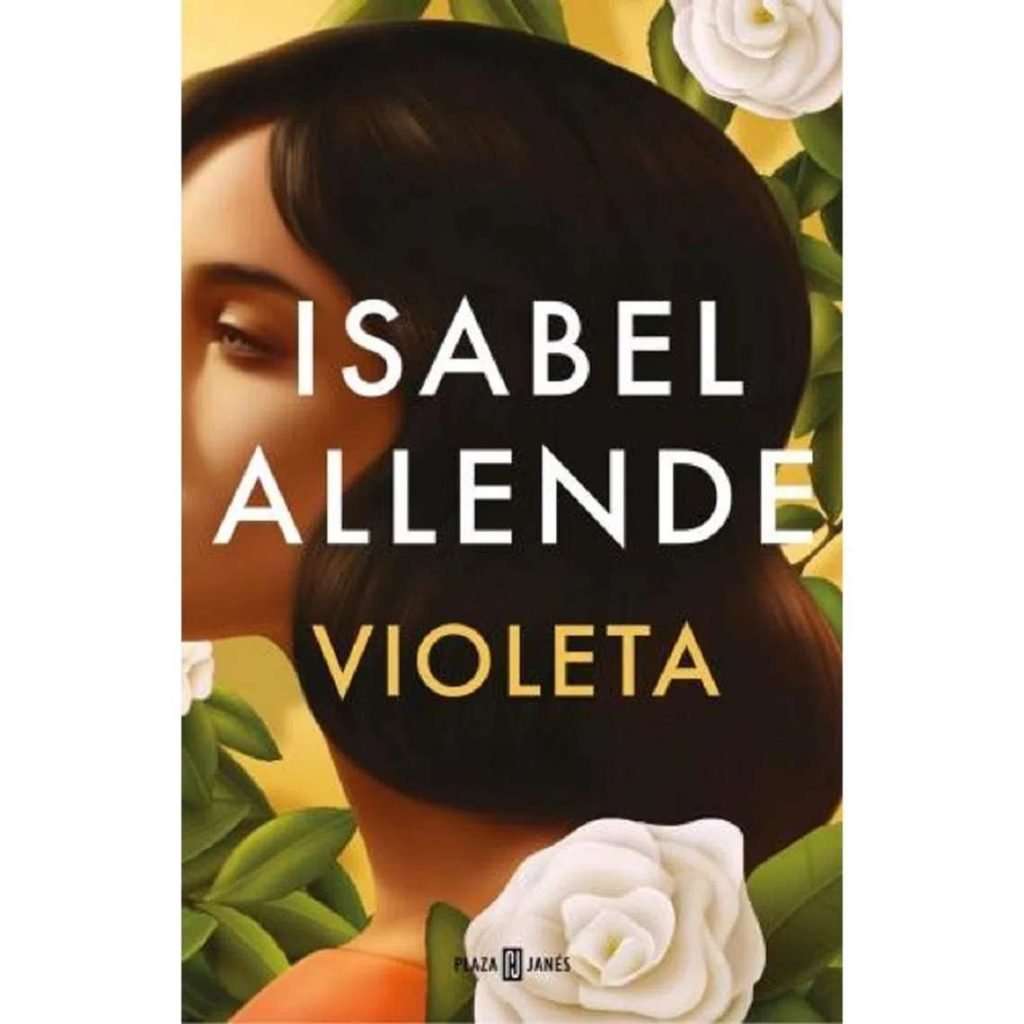Personas decentes, the latest installment of Leonardo Padura’s black series, is one of the novels published in Spanish that stood out in 2022, according to a summary made by the Spanish EFE news agency.
The work of the Havana author, winner of the Princess of Asturias Award in 2015, shares with Violeta, by Isabel Allende; Todo va a mejorar, Almudena Grandes’ posthumous work, and other books such as Revolución, by Arturo Pérez-Reverte.
With Personas decentes (Tusquets), the Cuban returned to bookstores with his ninth crime novel, “the most detective and Havanan of the series starring policeman Mario Conde,” the Spanish news agency pointed out.
In this book, he addresses the context of 2016, a time in which, as its protagonist points out, an “illusion” was experienced in Cuba, the dream of an opening materialized with the visit of U.S. President Barack Obama.
Padura in the Borges room: “It’s not fair that we live with more fear than we should”
Violeta, by Isabel Allende (Plaza y Janés), was the first of the great literary releases in Spanish of 2022 and one of the bestsellers of the year. It addresses the story of a woman whose life encompasses the most relevant historical moments of the 20th century, from 1920 ― with the so-called “Spanish flu” ― to the 2020 pandemic.
Todo va a mejorar, by Almudena Grandes (Tusquets), is a posthumous novel by the Spanish writer, who died in November 2021.
It is a political dystopia set in a future Spain in which the new Movimiento Ciudadano ¡Soluciones Ya! wins the elections, led in the shadows by a successful businessman, and in which she tells of the situation that is generated after the “Great Blackout.”
Meanwhile, Revolución, by Arturo Pérez-Reverte (Alfaguara), is an adventure story in Mexico in the times of Emiliano Zapata and Francisco Villa, a story about “a man, three women, a revolution and a treasure,” and a novel of initiation, the learning of a young man who through violence and observation reaches maturity.
Other titles of the year highlighted by EFE:
Salvo mi corazón todo está bien, by Héctor Abad Faciolince (Alfaguara): in this book, the Colombian writer explores the vision of marriage through the story of a kind priest ― inspired by a real priest ― who tests his beliefs and his unwavering optimism in a hostile world.
Roma soy yo, by Santiago Posteguillo (Ediciones B): the most important author of historical novels in Spanish, with four million readers, began this year with “Roma soy yo,” a saga of six novels about Julius Caesar, which will last for more than a decade, dedicated to telling the story of this character who changed history.
Lejos de Lousiana, by Luz Gabás (Planeta): published in November, the winner of the last Planeta award recounts the adventure of Spain in the heart of the United States through the four decades in which it possessed the lands of Louisiana in the 18th century, a work by the Spanish author who debuted in the historical genre with the bestseller Palmeras en la nieve.
Cauterio, by Lucía Lijtmaer (Anagrama): the Argentine writer treats the flight from pain as a way of survival and the rebellion against gender roles through a 17th-century English woman who leaves England to go to the colonies, and another contemporary who travels from Barcelona to Madrid after being abandoned by her partner.
El amante polaco, by Elena Poniatowska (Seix Barral): the 90-year-old Mexican author and Cervantes Prize winner wrote this novel to learn about the history of her own family through Stanislaw Poniatowski, Poland’s last king in the 18th century.

Ceniza en la boca by Brenda Navarro (Sexto Piso): two years after her successful Casas vacías, the Mexican writer talks in this novel about emigration, uprooting, the permanent feeling of foreignness and, by extension, exploitation, job insecurity or racism.













